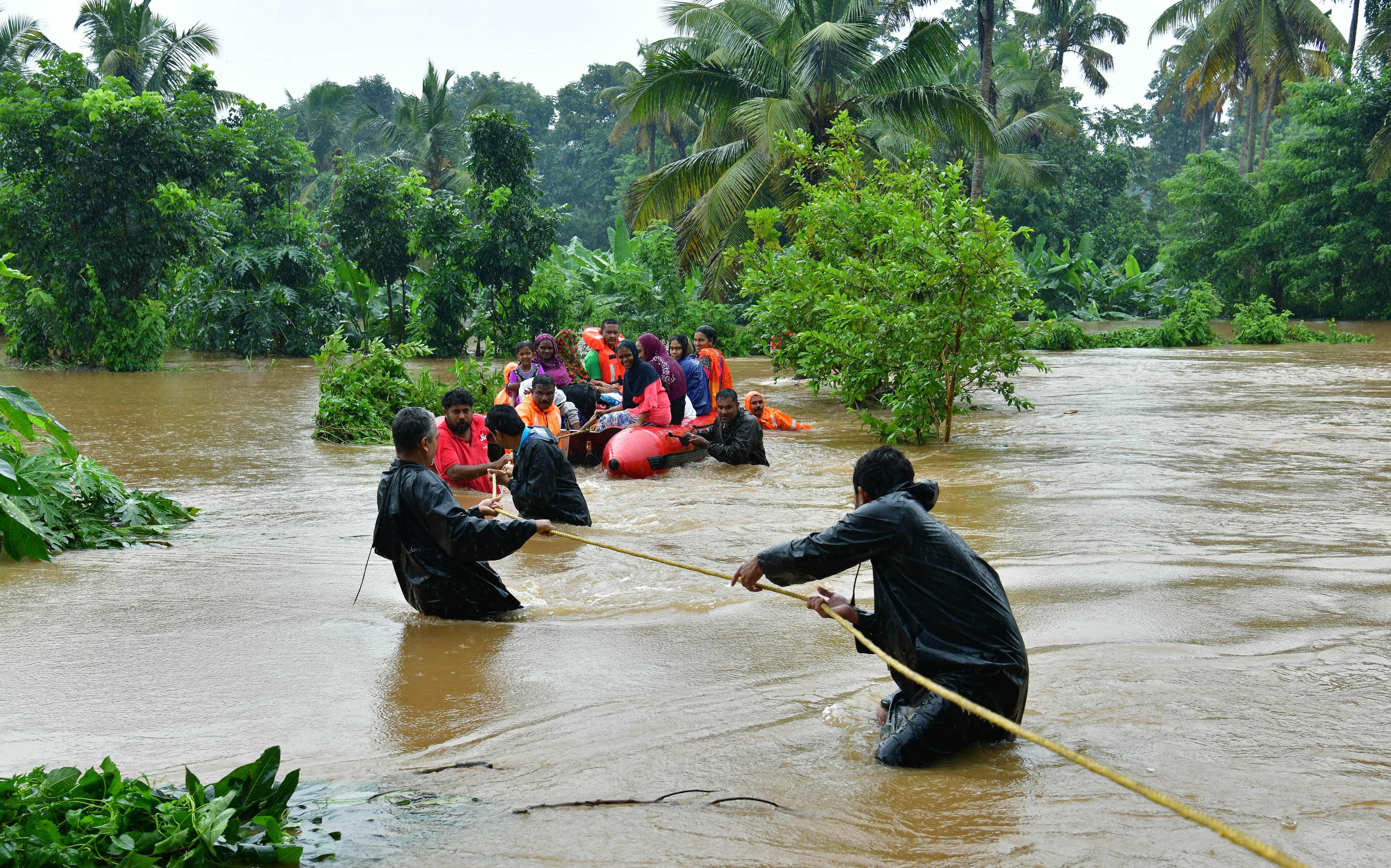Climate change will shift planet’s rain belt, threatening food security for billions, scientists say
Uneven shifting is likely to worsen flooding in southern India while worsening droughts in southeastern Africa and Madagascar, as Tom Embury-Dennis explains.


The climate emergency will dramatically shift the globe’s tropical rain belt, threatening the food security of billions of people, experts have said.
Scientists found the rain belt – a narrow band of heavy precipitation near the equator – will move north in the eastern hemisphere, but southwards in the western hemisphere.
According to the study by researchers at the University of California and other institutions, this uneven shifting of the band will likely cause increasing flooding in southern India as well as worsening droughts in southeastern Africa and Madagascar.
Central America will similarly suffer under greater drought stress, according to the study published in Nature Climate Change.
"Our work shows that climate change will cause the position of Earth's tropical rain belt to move in opposite directions in two longitudinal sectors that cover almost two thirds of the globe, a process that will have cascading effects on water availability and food production around the world," said lead author Antonios Mamalakis, a postdoctoral fellow in the department of atmospheric science at Colorado State University.
The team of environmental engineers, Earth system scientists and data science experts examined computer simulations from 27 climate models, measuring the tropical rain belt's response to scenarios in which greenhouse gas emissions continue to rise until 2100.
Previous studies had missed the rain band’s sweeping shift, Dr Mamalakis said, because they had provided an average of the influence of global heating on the rain belt, instead of isolating the differing responses of the eastern and western hemispheres.
"In Asia, projected reductions in aerosol emissions, glacier melting in the Himalayas and loss of snow cover in northern areas brought on by climate change will cause the atmosphere to heat up faster than in other regions," said co-author James Randerson, professor of earth system science at the University of California, Irvine (UCI).
"We know that the rain belt shifts toward this heating, and that its northward movement in the Eastern Hemisphere is consistent with these expected impacts of climate change."
The weakening of the gulf stream in the North Atlantic, Dr Randerson added, was likely to have the opposite effect in the western hemisphere.
"The complexity of the Earth system is daunting, with dependencies and feedback loops across many processes and scales," said co-author Efi Foufoula-Georgiou, UCI professor of civil and environmental engineering.
"This study combines the engineering approach of system's thinking with data analytics and climate science to reveal subtle and previously unrecognised manifestations of global warming on regional precipitation dynamics and extremes.”



Join our commenting forum
Join thought-provoking conversations, follow other Independent readers and see their replies
Comments